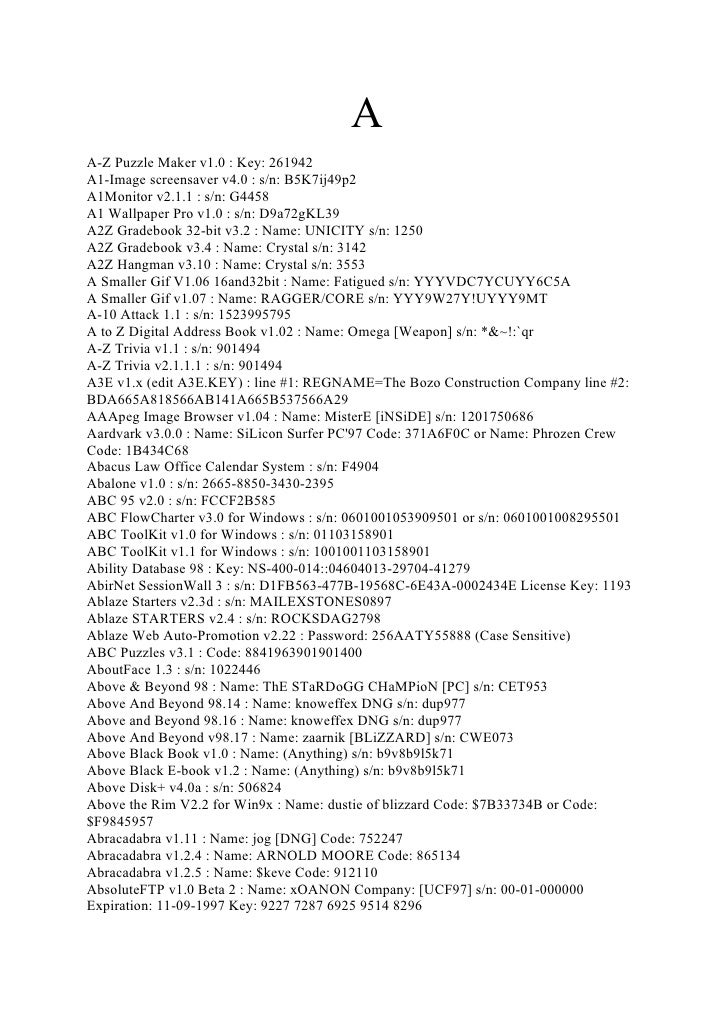
K DataBase Magic v v1.0.5.1 serial key or number

K DataBase Magic v v1.0.5.1 serial key or number
Web and Big Data
Introduction
This book constitutes the thoroughly refereed post-conference proceedings of the First APWeb-WAIM 2018 Workshops, held jointly with the Second International Joint Conference APWeb-WAIM 2018 in Macau, China, in July 2018. The 31 full papers presented were carefully reviewed and selected from 44 submissions. The papers originating from five workshops present cutting-edge ideas, results, experiences, techniques, and tools from all aspects of web data management with the focus on mobile web data analytics; knowledge graph management and analysis; data management and mining on MOOCs; Big data analytics for healthcare; data science.
Keywords
artificial intelligence classification clustering collaborative filtering computer networks data mining Human-Computer Interaction (HCI) information retrieval internet natural language processing systems neural networks ontologies recommender systems semantics signal filtering and prediction signal processing social networking social networks speech recognition user interfaces
Editors and affiliations
- 1.University of MacauMacaoChina
- 2.Education University of Hong KongHong KongChina
Bibliographic information
pycse - Python3 Computations in Science and Engineering
Often, we will have a set of 1-D arrays, and we would like to construct a 2D array with those vectors as either the rows or columns of the array. This may happen because we have data from different sources we want to combine, or because we organize the code with variables that are easy to read, and then want to combine the variables. Here are examples of doing that to get the vectors as the columns.
Or rows:
The opposite operation is to extract the rows or columns of a 2D array into smaller arrays. We might want to do that to extract a row or column from a calculation for further analysis, or plotting for example. There are splitting functions in numpy. They are somewhat confusing, so we examine some examples. The numpy.hsplit command splits an array "horizontally". The best way to think about it is that the "splits" move horizontally across the array. In other words, you draw a vertical split, move over horizontally, draw another vertical split, etc… You must specify the number of splits that you want, and the array must be evenly divisible by the number of splits.
In the numpy.vsplit command the "splits" go "vertically" down the array. Note that the split commands return 2D arrays.
An alternative approach is array unpacking. In this example, we unpack the array into two variables. The array unpacks by row.
To get the columns, just transpose the array.
Note that now, we have 1D arrays.
You can also access rows and columns by indexing. We index an array by [row, column]. To get a row, we specify the row number, and all the columns in that row like this [row, :]. Similarly, to get a column, we specify that we want all rows in that column like this: [:, column]. This approach is useful when you only want a few columns or rows.
Note that even when we specify a column, it is returned as a 1D array.
Comwp-contentuploads201907Snapchat-for-PC. png?resize7202C370038;ssl1"h3Snapchat for PC Laptop Windows XP, 7, 88. 1, 10 8211; 3264 bith3p by Admin Aug 20, 2020 Snapchat, Social, WindowspSnapchat is an instant photo and video sharing app that can be used to communicate with your loved people. You will be able to share and express your live moments in a new way possible from the desktop screen with Snapchat for PC.
Snapchat is a new kind of camera app.
.What’s New in the K DataBase Magic v v1.0.5.1 serial key or number?
Screen Shot

System Requirements for K DataBase Magic v v1.0.5.1 serial key or number
- First, download the K DataBase Magic v v1.0.5.1 serial key or number
-
You can download its setup from given links:


